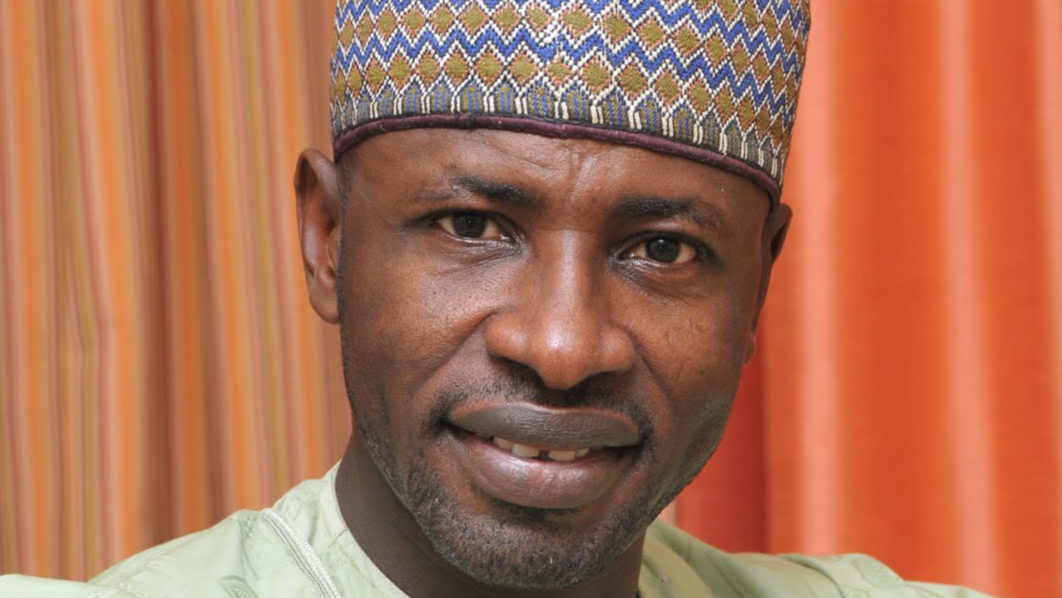
Obidient Movement has taken a decisive step towards solidifying its structure by appointing a new Advisory Council. The step was disclosed by the National Coordinator of the movement, Dr Yunusa Tanko, who said it marked a shift from electoral activism to long-term political and social influence.
Tanko explained that though once driven by the 2023 presidential campaign of Peter Obi, the Obidient Movement had evolved into a structured, ideological force challenging Nigeria’s traditional political establishment.
“While critics dismissed it as a fleeting protest movement, its continued growth and organisation prove otherwise.
“By establishing a well-structured Advisory Council, the movement is laying the groundwork for a more strategic political engagement that transcends elections,” Tanko said.
Among newly-appointed leaders, tasked with deepening grassroots mobilisation, enhancing policy engagement and shaping the movement’s future trajectory are Seyi Sowunmi, Dele Farotimi, Chris Iyovwaye, Chris Nwakobia, Ibrahim Abdulkareem and Chief Peter Ameh.
The Obidient Movement remains unique in its grassroots-driven approach, with no reliance on the traditional party structures that often dominate Nigerian politics.
According to Tanko, the movement’s ethos is built around the 5Cs of Competence in Delivering results, Character in leading with integrity, Capacity in handling complexity, Credibility earning trust and compassion in putting the people first.
According to Tanko, unlike many political movements that fizzled out post-election, the Obidient Movement is transitioning into a structured political force with long-term objectives.
The newly formed Advisory Council, according to the coordinator, is expected to expand grassroots mobilisation across Nigeria’s six geopolitical zones, strengthen political engagement and advocacy beyond election cycles.
“They are also to develop policies and strategies that influence governance at all levels and promote volunteerism and civic participation among young Nigerians,” he added.
This structural evolution, Tanko said, would ensure that the movement remained a potent political force, influencing decision-making and governance rather than merely reacting to elections, adding that as the Obidient Movement continued to build on its gains, the appointment of the Advisory Council signified its commitment to long-term national transformation.






